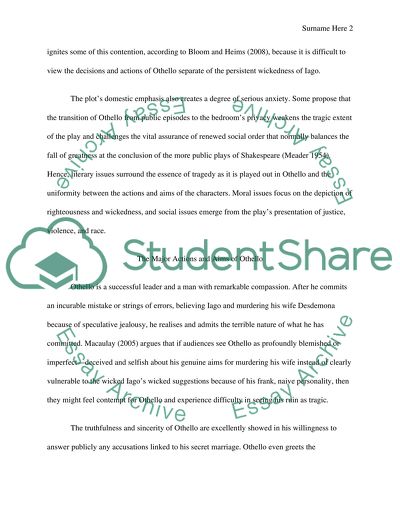Cite this document
(“Analysing Othellos Character Essay Example | Topics and Well Written Essays - 3500 words”, n.d.)
Retrieved de https://studentshare.org/literature/1391177-analysing-othellos-character
Retrieved de https://studentshare.org/literature/1391177-analysing-othellos-character
(Analysing Othellos Character Essay Example | Topics and Well Written Essays - 3500 Words)
https://studentshare.org/literature/1391177-analysing-othellos-character.
https://studentshare.org/literature/1391177-analysing-othellos-character.
“Analysing Othellos Character Essay Example | Topics and Well Written Essays - 3500 Words”, n.d. https://studentshare.org/literature/1391177-analysing-othellos-character.


